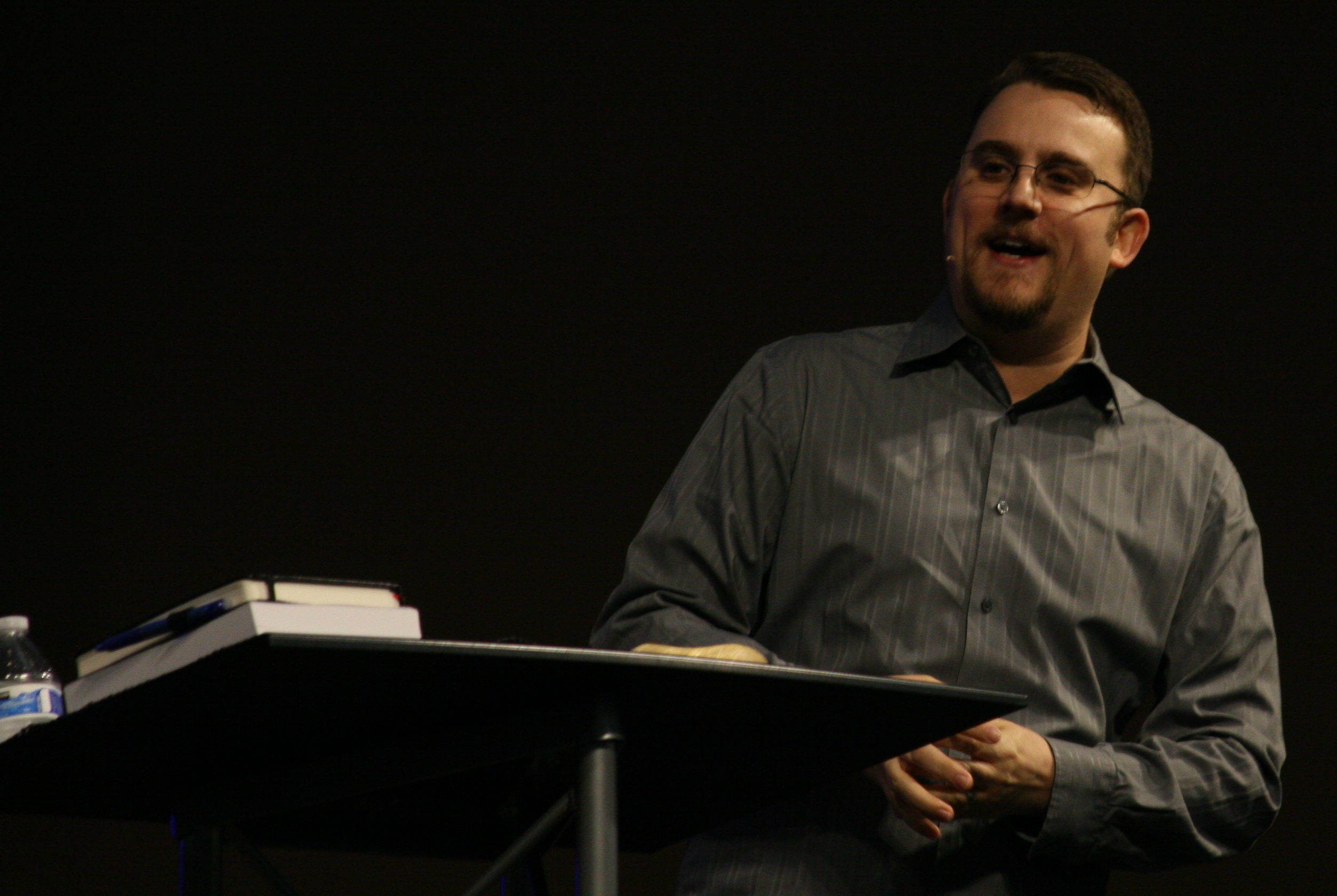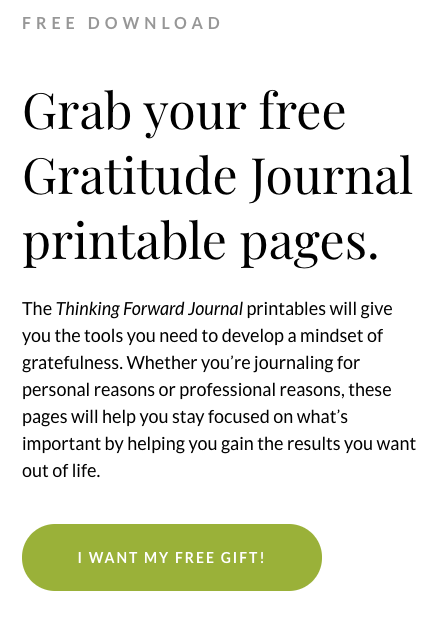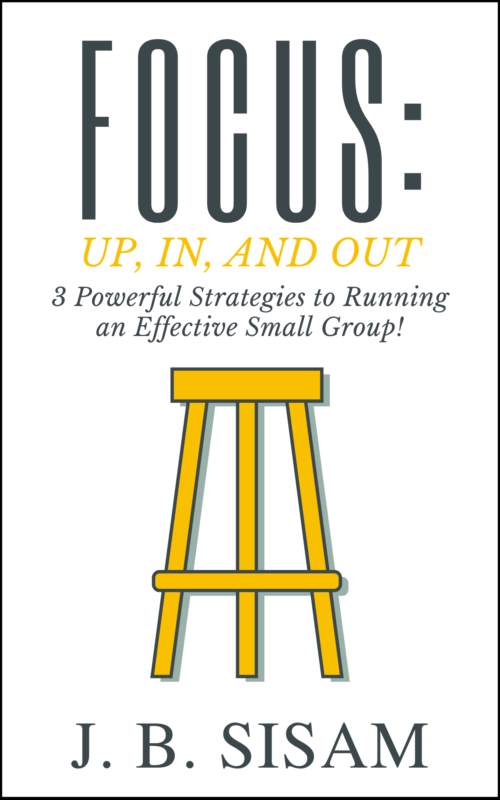Every book has a unique goal in mind. That goal should be the driving force behind why you’re writing the book. If we don’t have an end in mind, our book will fall down flat. This is why I encourage people to create a propositional statement for why they are writing their book.
When I wrote, “Grace: What’s So Amazing About It?” I wanted to narrow down my focus so that I knew why I was wanting to write this book. I wanted to make sure I was on target as I began writing that first chapter.
A propositional statement is a combination of what the book is about, who it’s for, what problem the book will solve, and what action the reader must take to see the desired transformation for their life.
Here’s what I wrote for my book Grace: “My book on the grace of God will help church small groups and devotional readers, who don’t know about God’s grace, learn that God’s grace is more than just salvation, so they can begin using that grace to worship Him, overcome hardships, have power for each day and learn to forgive others by extending His grace.” See how simple that was?
Let me break it down for you…
- My book: Tell what your book is about. “My book on the grace of God…”
will help – who your target audience is. “…will help Church small groups and devotional readers, who don’t know about God’s grace…” - to do/understand: What is the core message and what the reader will discover? “…learn that God’s grace is more than just salvation….”
- so that: The desired transformation your book will bring to the reader. “…so they can begin using God’s grace to worship Him, overcome hardships, have power for each day and learn to forgive others by extending His grace.”
If you take this formula, you’ll not only have a clear understanding of what your book is about but why your writing it.
This one exercise will help you keep a tight focus on why you’re writing this book, who it’s for and what your book will do for the reader.
It doesn’t matter if you’re writing fiction or non-fiction, every book needs to have a single message. That message can be anything.
I remember reading the late Michael Crichton’s book State of Fear. The whole message of that book was on global warming. It was a warning that if we don’t take action, now, we won’t have much of a planet left to enjoy.
It’s a great read and the message was abundantly clear.
When you know your why and know your message, you’ll have a book that is clear on its intended audience. Writing is hard work, but with determination, gumption, and drive, you’ll find writing a book is easier than you think it is.
If you have a book inside your heart, you must get clear on its message and who your book is for. It’s not enough to say, “My book is for everyone,” not everyone will buy your book. Here’s a good example: if you’re writing a romance novel, you can’t say my book is for everyone, because men won’t buy that book.
Each book has an intended audience and getting crystal clear on who it’s for will help you write your book with that person in mind. Remember, our goal is to be clear in our message. Now, grab that latte, a piece of paper, and begin writing down your why!
[reminder]What is your book about? I’d love to know! Share your propositional statements below.[/reminder]


 Jason (J.B.) Sisam. Best-selling Amazon author of the Christian Early Reader book,
Jason (J.B.) Sisam. Best-selling Amazon author of the Christian Early Reader book, 







LEAVE A COMMENT HERE:
Please note: I reserve the right to delete comments that are offensive or off-topic. Also, this is a clean website, use of any language is not tolerated and your post will be deleted.